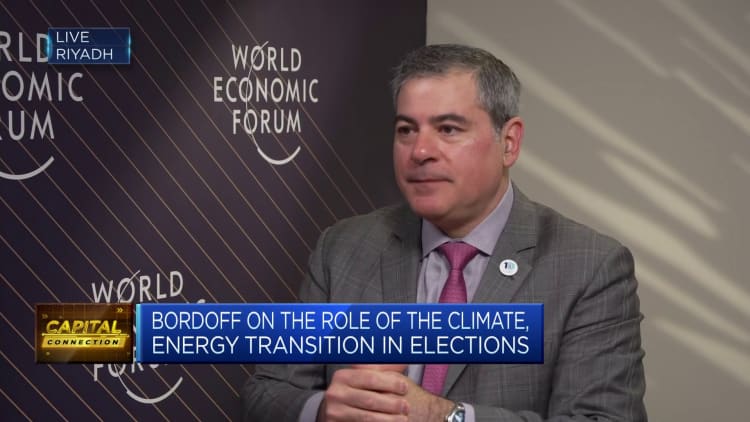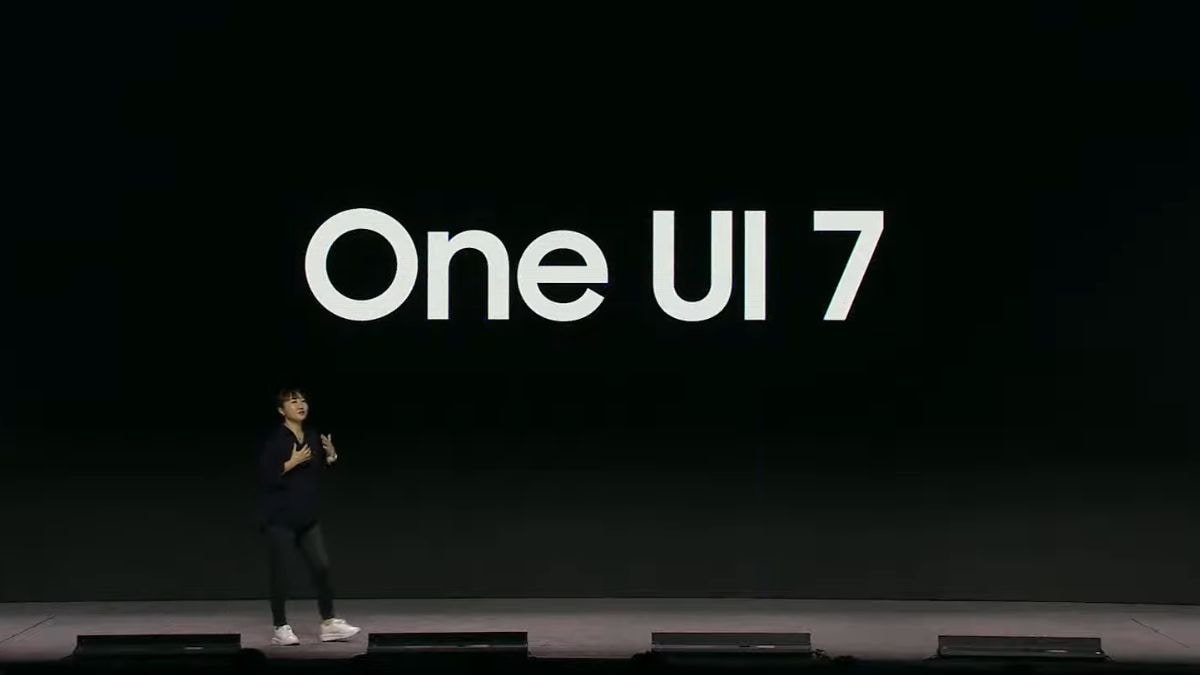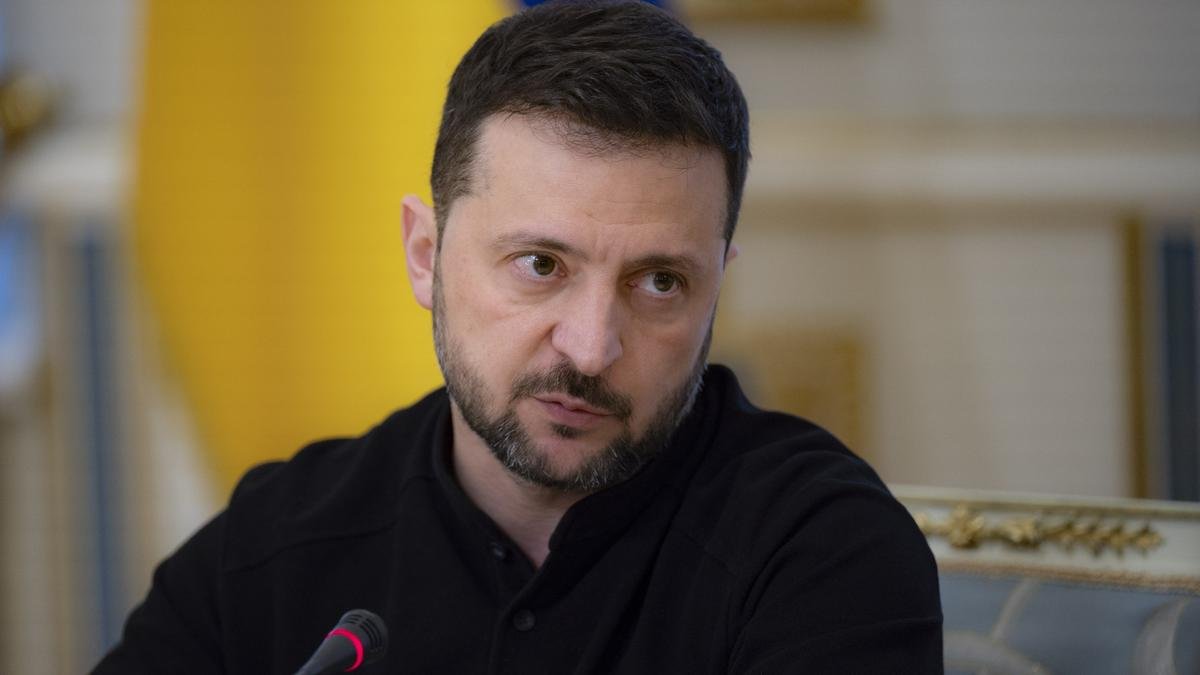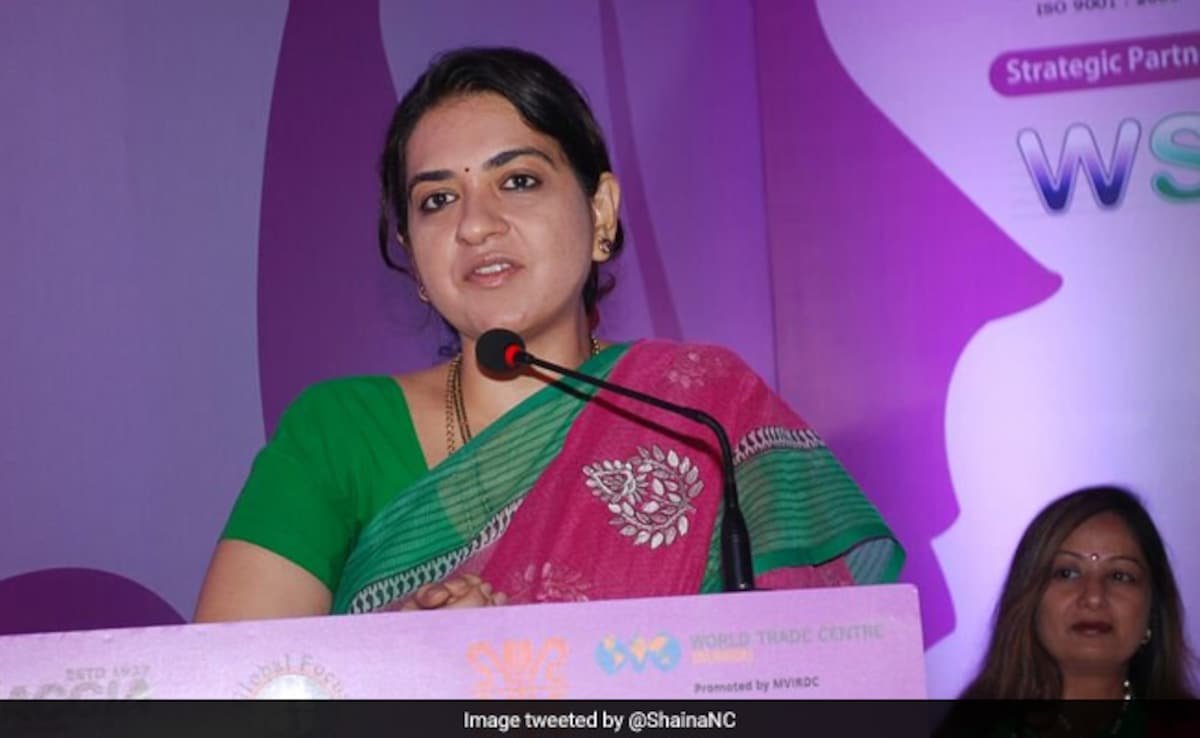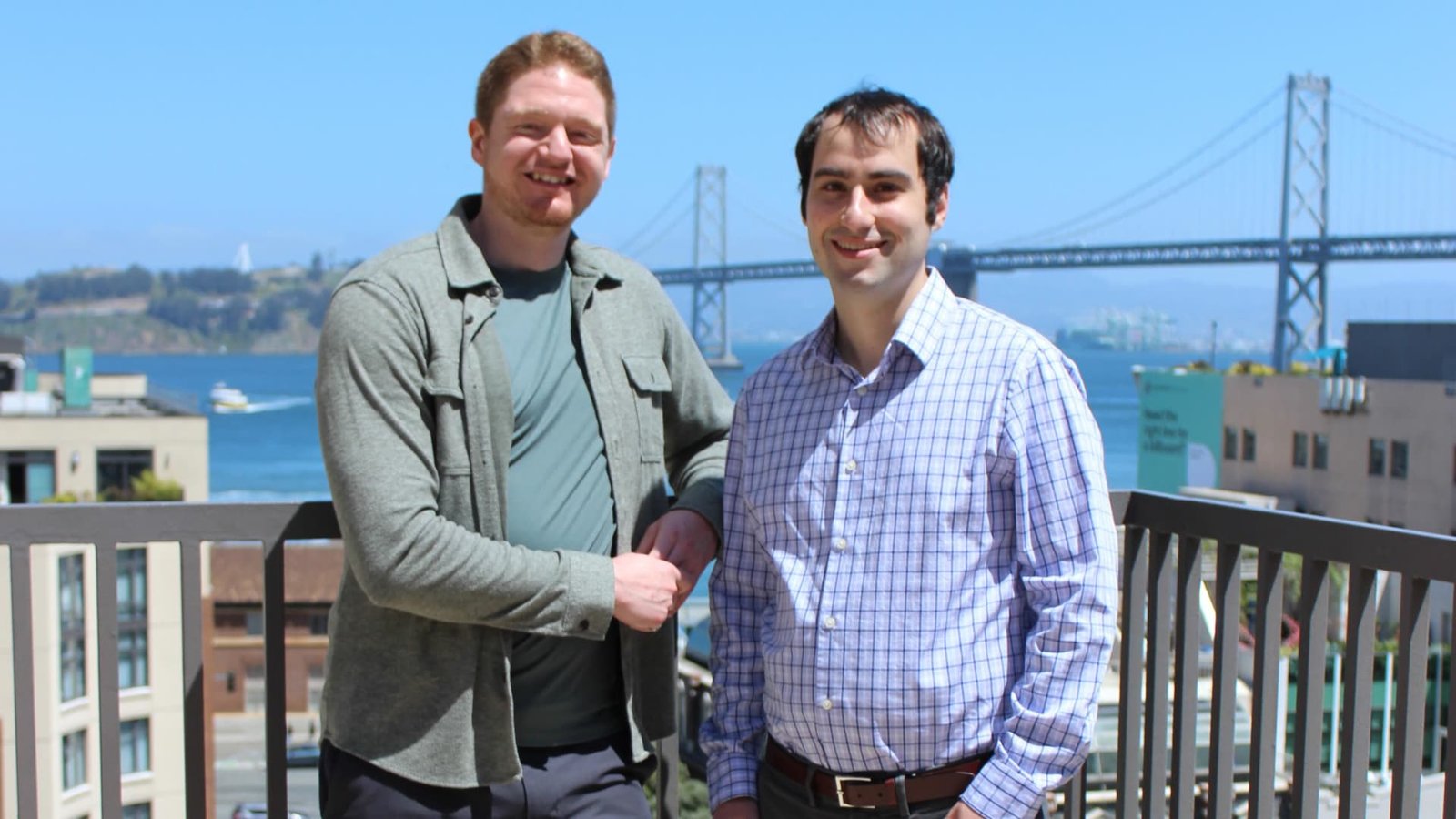
Starshot, a climate tech fund, was founded by Sam Levac-Levey and Jeremy Brewer.
Lora Kolodny for CNBC
Childhood friends Jeremy Brewer and Sam Levac-Levey started their first clean energy startup in 2018. Six years later, they’re launching a new venture fund to invest in climate tech companies overlooked by their peers.
Brewer, who’s worked at Google and Facebook, and Levac-Levey, who did mechanical engineering at Tesla and SpaceX, are co-founders of Starshot Capital. The firm just raised $35 million to invest in early-stage startups that the two friends believe have the potential to reduce greenhouse gas emissions in polluting industries beyond energy and transportation.
“What really catalyzed us into starting the fund was seeing a lot of data coming out about the climate crisis and gaps in funding,” Brewer said in an interview.
Starshot intends to back startups working in food and agriculture, industrials, manufacturing and buildings.
According to PwC’s 2023 study on the state of climate tech, more than 70% of investment went into energy and mobility. Those two sectors include wind and solar energy, as well as electric cars, planes and other vehicles.
But Brewer said these sectors account for only about 27% of global carbon emissions. Starshot sees opportunities to invest in industries that emit massive amounts of greenhouse gases and consume an abundance of natural resources.
Gaps also remain within certain industries that have attracted funding. For example, in food and agriculture, about 40% of climate tech funding over the last two years went into “alternative proteins,” while less than 5% went into solutions to reduce or replace nitrogen-based fertilizers, Brewer said.
Overuse of nitrogen-based synthetic fertilizers in agriculture leads to emissions of nitrous oxide and can cause water pollution at both surface and ground levels. It can also spike the amount of algae that grows on the surface of natural water resources. That may lead to a reduction of oxygen in the water, killing fish or other marine life and organisms.
Brewer said Starshot is looking to invest in companies that offer “gigaton-scale solutions, that can increase their customers’ profitability and revenue.”
Brewer and Levac-Levey attended high school together in Montreal. They joined forces in 2018 to begin work on a clean energy startup called H2Ohm, which aimed to capture and make use of energy generated by excess pressure from water moving through gravity-fed pipes.
They entered a climate tech accelerator in Canada called Creative Destruction Lab, where they worked for months to perfect their plan. As they got deeper into market and product research, however, they realized that the business wasn’t going to work.
The duo still had to present something at their demo day in front of prominent early-stage investors.
“We ended up giving a presentation to more than 100 investors about why they shouldn’t invest in our business,” Levac-Levey told CNBC. The response was surprising.

Brewer recalled a warm reaction, with people in the audience coming up to them to chat. One was a potential investor.
“He said, ‘Listen, if you guys are going to shut this down, can I hire you to figure out why all my other investments will fail?'” Brewer said. “So we did that.”
During the pandemic, Brewer and Levac-Levey also began building an online network for former employees at large tech and industrial companies who were interested in pivoting their careers to work on solving climate issues.
They’re two of the eight founders of Work on Climate, which has now grown into an online community with tens of thousands of members on Slack. The group produces a climate careers newsletter and holds dozens of online and in-person events annually to help grow the green workforce. Brewer is chair of the board at Work on Climate, and Levac-Levey is vice chair.
Brewer said the group sees an influx of new members whenever there are major rounds of layoffs, especially in tech and autos. With recent cuts at Tesla and Google, the Starshot partners are expecting climate tech startups to find talent more easily, and new companies will soon be formed.
“People increasingly want their work to align with their values, and at the same time, there’s growing awareness about the challenge we face with the climate crisis,” Brewer said.
Levac-Levey told CNBC that Starshot is especially interested in companies working to reduce the negative environmental impacts of food and agriculture, industrials and the “built environment” ranging from hospitals and homes and offices to airports and other facilities.
The firm has backed entrepreneurs in green hydrogen production, such as at Ecolectro. The firm also backed Mojave, a company focused on air conditioner efficiency, and Harvest, a startup making heat pumps more efficient and useful in homes by adding thermal energy storage alongside them.
Brewer and Levac-Levey are based in the Bay Area. The firm has also hired Zoe Samuel, who was a co-creator of Alphabet’s employee climate community, and Nicholas Gould, a chemical engineering PhD who previously worked on de-carbonizing industrial processes at Air Products.
